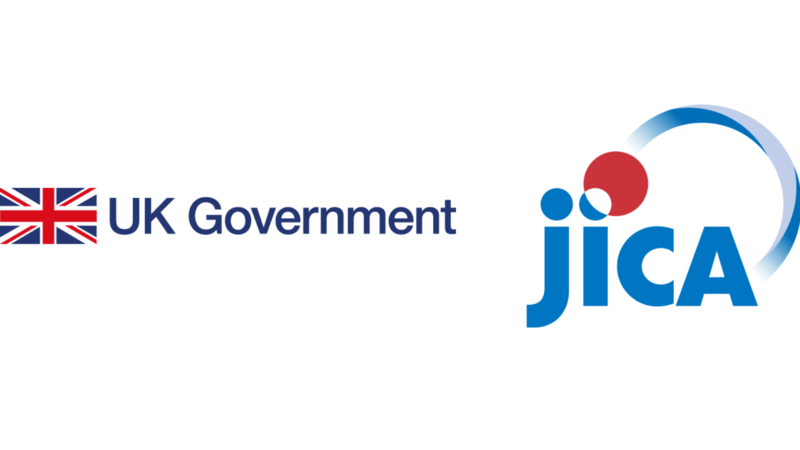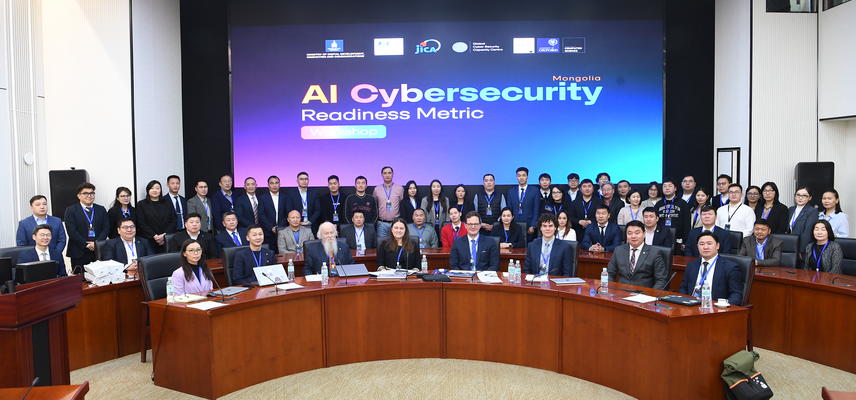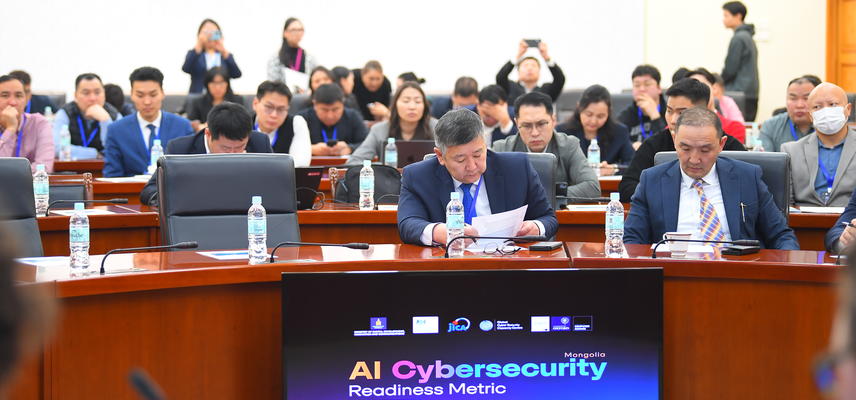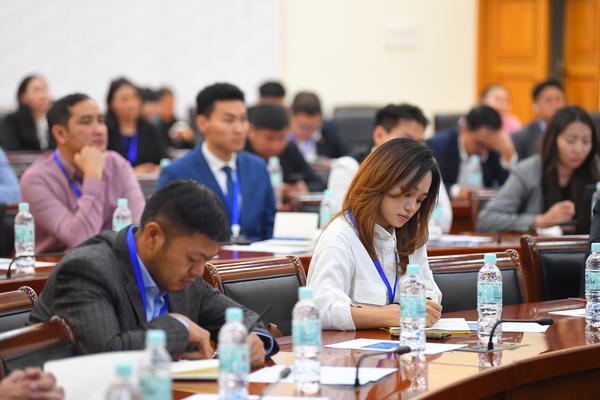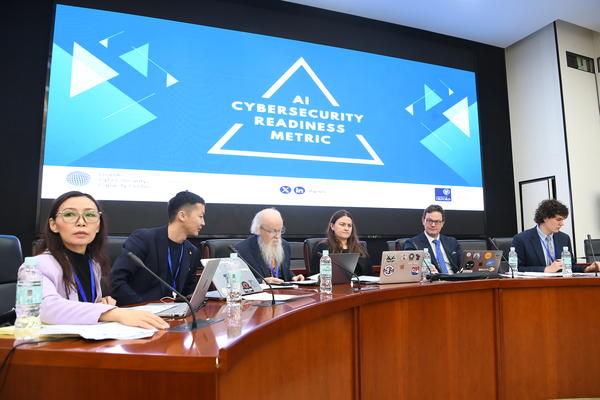First Trial of AI Cybersecurity Readiness Metric Completed in Mongolia
The GCSCC has conducted a world first trial of its prototype National AI Cybersecurity Readiness Metric in Mongolia in collaboration with the Ministry of Electronic Development, Innovation, and Communications, the Japan International Cooperation Agency (JICA) and the UK Foreign, Commonwealth and Development Office (FCDO). Following the completion of Mongolia's first CMM, and in preparation for its new National AI Strategy, the trial provided an opportunity for Mongolia to embed AI cybersecurity considerations into its strategic vision for future technological development.
What is the National AI Cybersecurity Readiness Metric?
The National AI Cybersecurity Readiness Metric is a newly developed tool to help countries manage AI risks and opportunities. It is intended to support countries at all stages of readiness, whether they are actively implementing cybersecurity measures to address the risks associated with AI adoption, or are just beginning to explore how to integrate AI into their national strategies.
The aims of metric are to:
- To rapidly assess states current capabilities to withstand AI cybersecurity risks.
- To identify a full list of the specific capacities believed to be required to address these AI-associated risks.
- To gain insights into whether such capacities are in place in the country.
- To identify priorities for cybersecurity capacity enhancement (in conjunction with a national assessment).
How was the Metric deployed in Mongolia?
The Metric was implemented over a one-day workshop with stakeholders from industry, government, regulators, civil society and academia. Facilitated by the GCSCC research team, participants discuss a broad range of readiness indicators and worked together to analyse Mongolia's existing positions in relation to these indicators. As part of the trial process, participants also provided input on the assessment process and provided feedback to help refine the tool.
What are the next steps for the Metric?
Following this initial trial, the GCSCC consolidate the input from participants and lessons learned from the process to strengthen the Metric. In the upcoming months the GCSCC plans further trials and consultations with AI and Cybersecurity experts in different regions across the globe further refine the tool.
The GCSCC would like to express our sincere gratitude to everyone who contributed to the success of the first metric trial and look forward to continuing to work with our international partners to advance international AI cybersecurity.
News and Media
Ministry of Digital Development, Innovation and Communication
Project Partners
